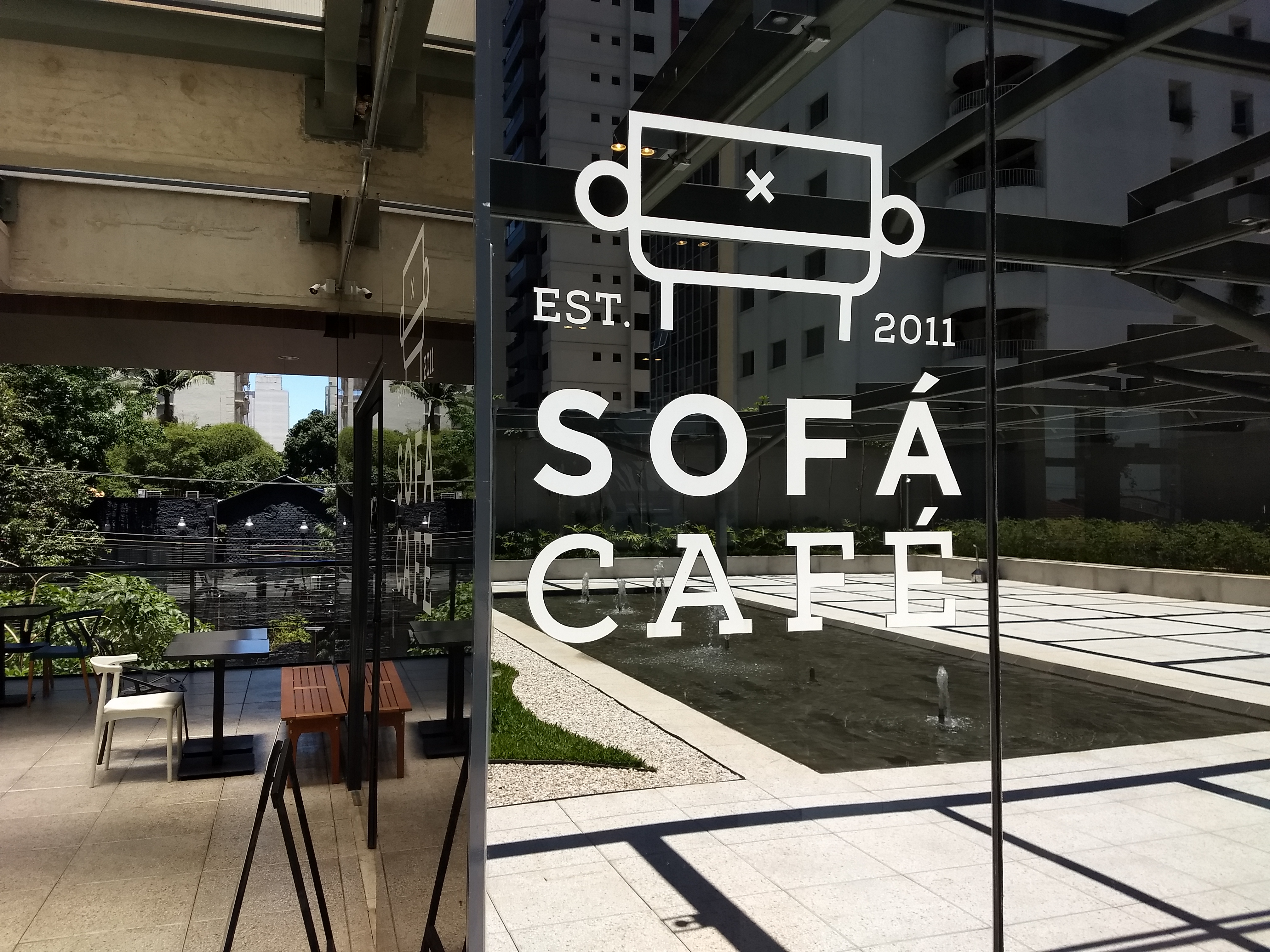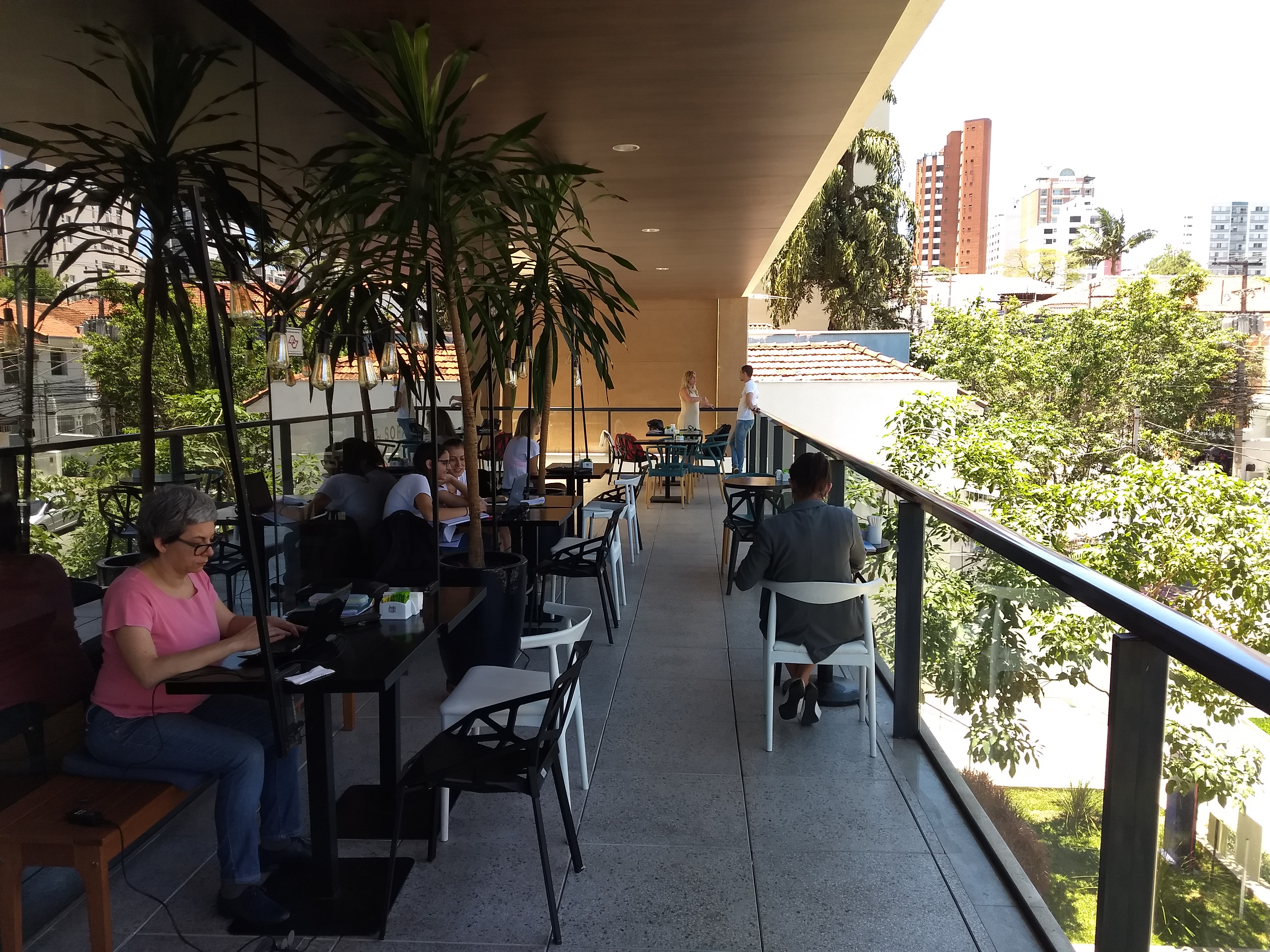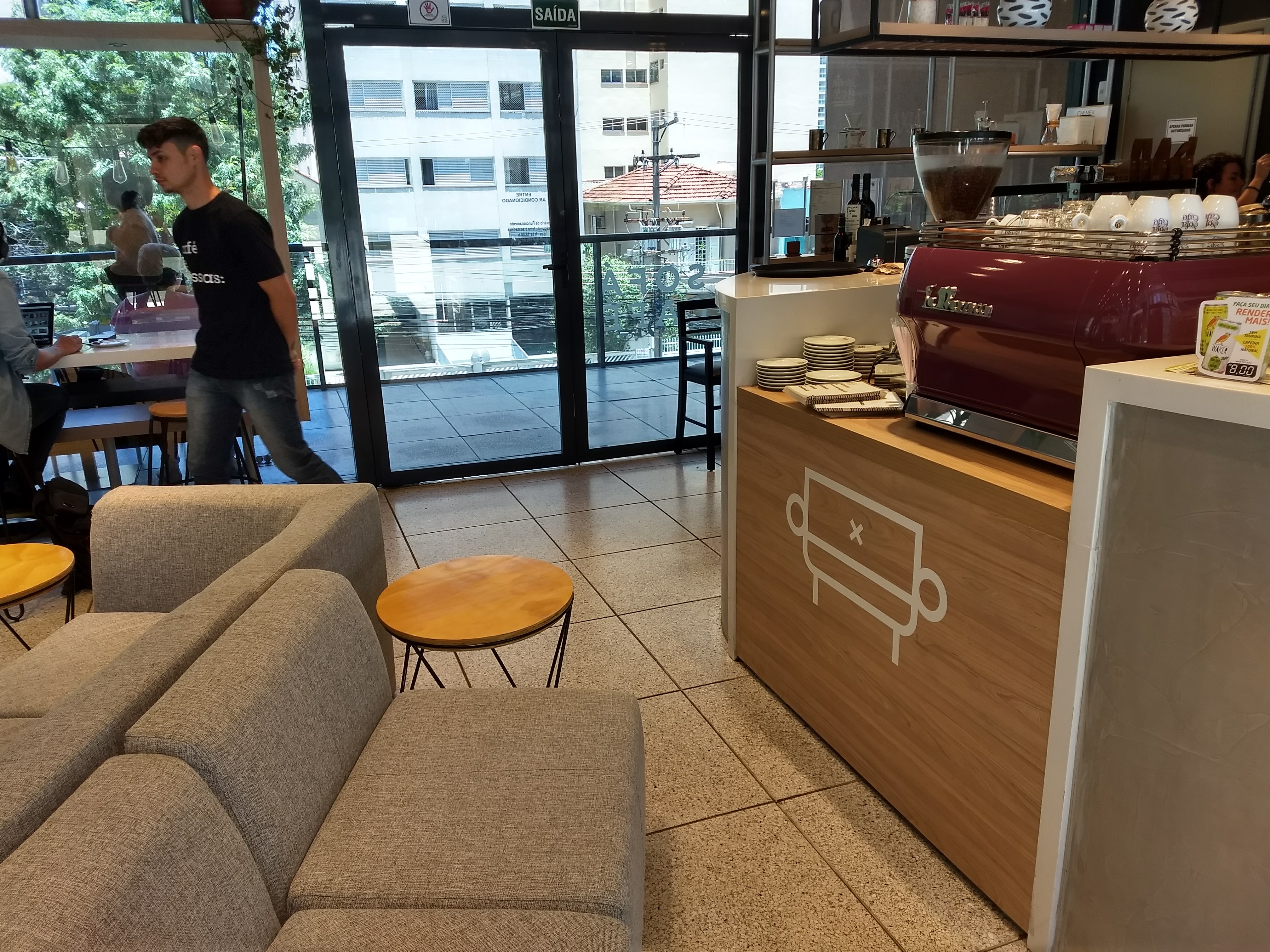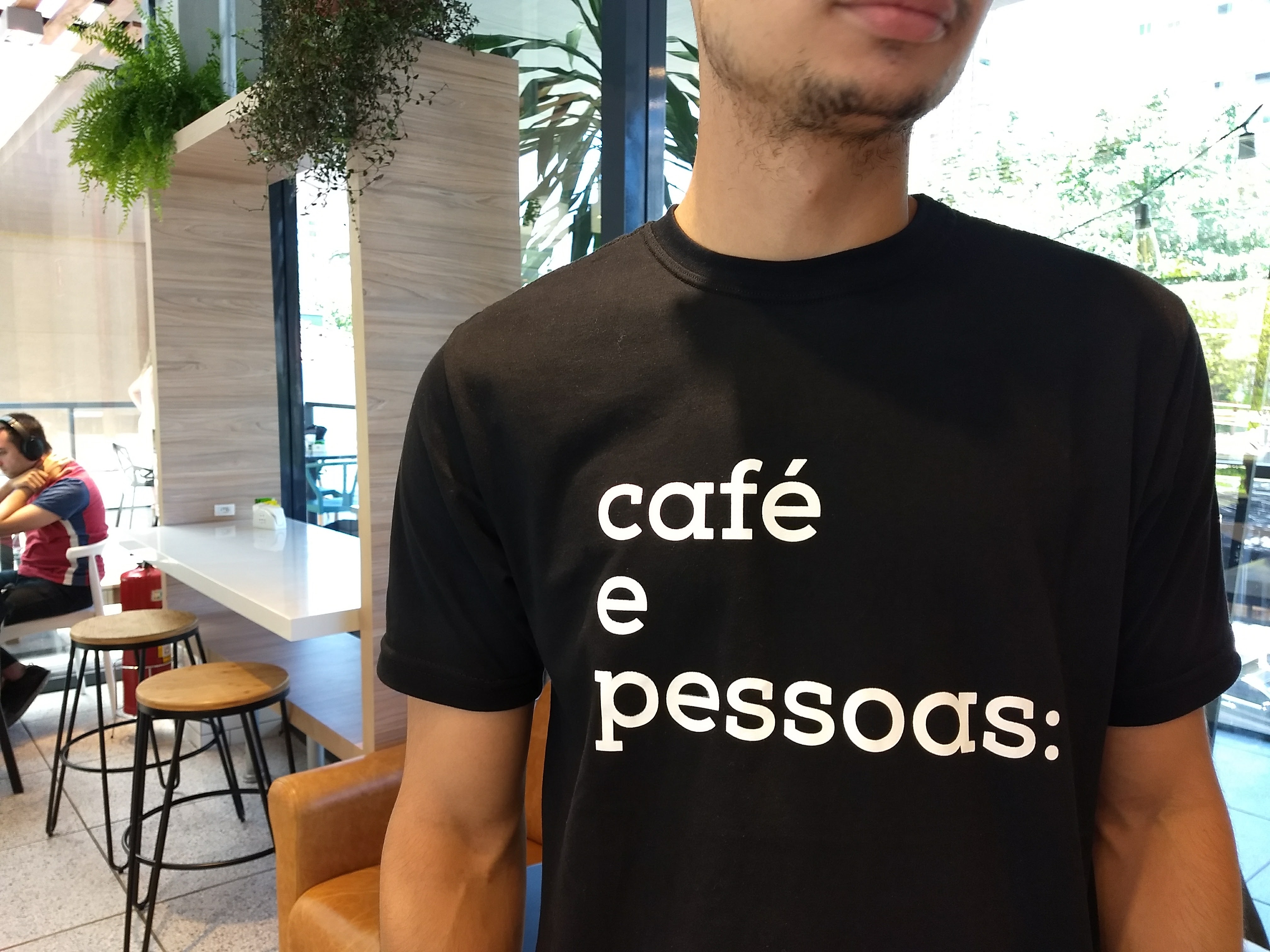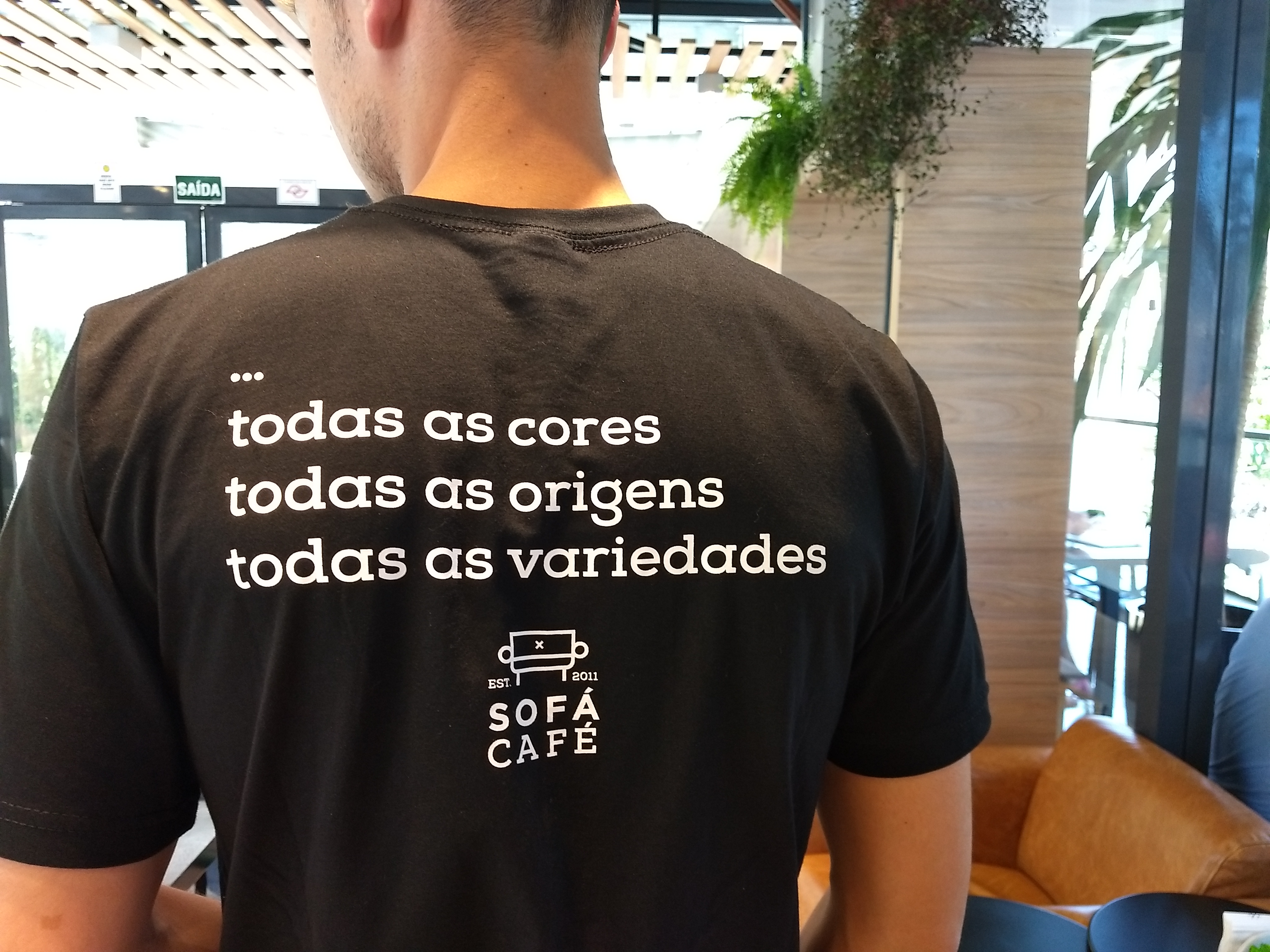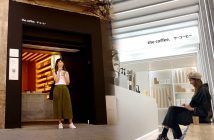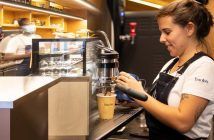As two Brazilian partners created, in just six years, a network of coffee shops with branches even in Boston
Diego Gonzalez is from Santo André, SP, and holds a degree in environmental engineering at USP, Piracicaba campus. As a lover of nature, he thought he had chosen the right profession. After all, he loved having to work outdoors, and as he specializes in conservation, he advised large groups such as Suzano’s Ecofuture institute.
However, he always thought that, after retiring, he would open a cafeteria, as he used to love coffee. “I thought that by the time I was 60, I would have my cafeteria”, recalls Diego.
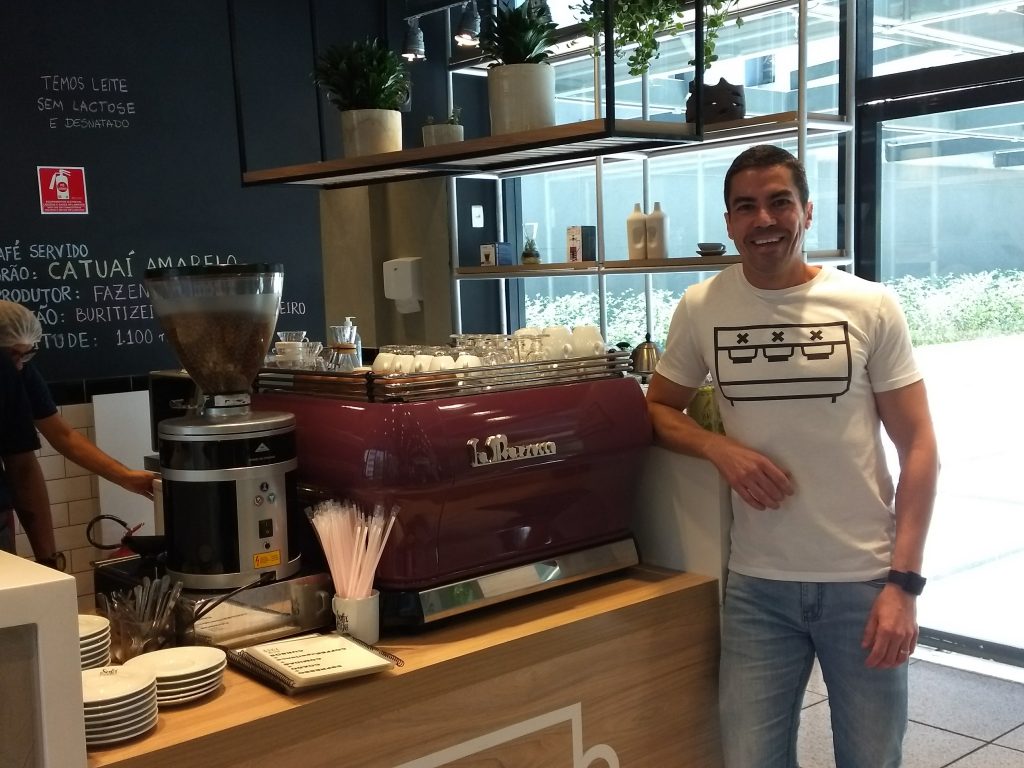
At Ecofuture, whenever I went out for lunch, I would stop at a coffee shop in Pinheiros, which used to be a little shy, ugly, abandoned. On the facade, only a poorly wrought plaque, with the word “café”. “I would look at that and think that the place had great potential: encrusted in a commercial area, with thousands of people wanting to have some nice coffee. I kept thinking it over. Until the day I took the courage and asked the owner if he did not want to transfer the place to me. To my surprise, she accepted it right away”, he says.
As he did not have all the capital available, he called his friend, Denilson Fomin, to be his partner. Denilson accepted the offer, as long as Diego ran the business while he continued to practice medicine.
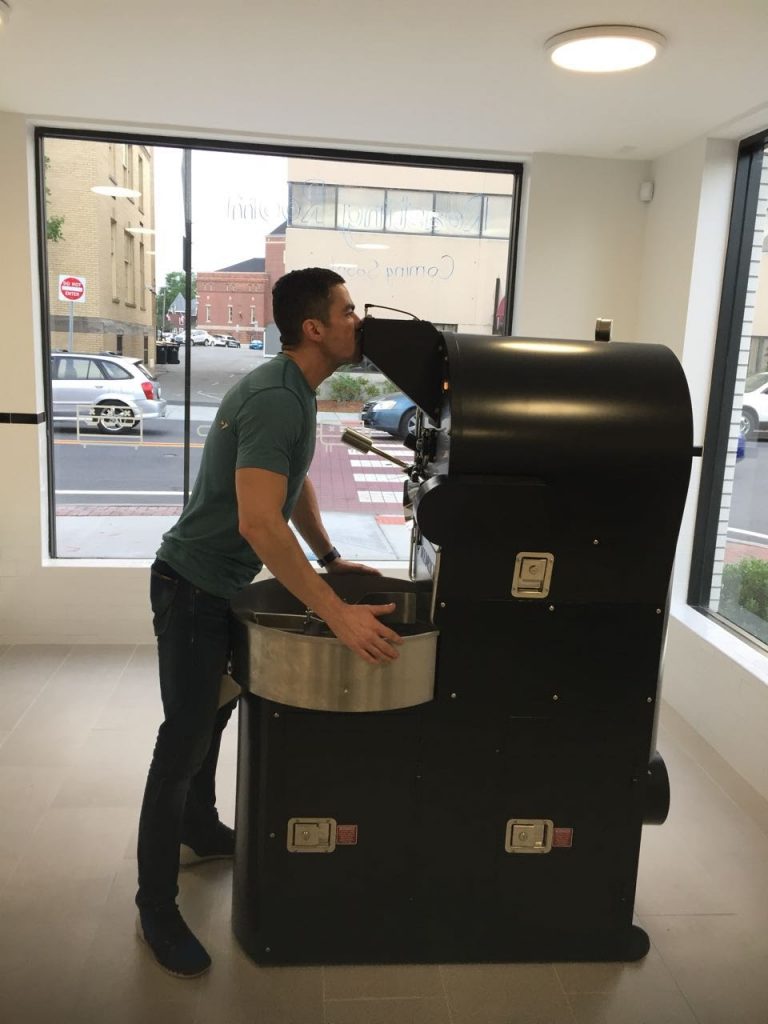
Creating Sofa Café
Partners up to now in Café Sofa, Diego remembers that they spent six months designing the business, including branding creation. He even specialized in specialty coffees, having taken several courses in Brazil, at the Coffee Lab, by Isabela Raposeiras, and in the USA, at the Counter Culture Coffee, in New York and Boston. He then made a trip to Europe, where he visited coffee shops in the Czech Republic, France and Austria.
On his return, in 2011, they opened the cafeteria, which is the network’s first unit. After a while, they decided to grow and open a new unit in Jardins. “It was a bad step. All the architects said it was not going to work because the coffee shop was 50 square meters, most of the tables were upstairs and there was a horrible spiral staircase to get there. As a result, customers did not want to go upstairs. Even so, we operated for two years losing money, until we were convinced that it really would not work”, he recalls.
During this time, they opened other branches and decided to risk even more: his partner had relatives living in Boston and wanted to test the brand there. “At first, we wanted to set up Sofá Café in New York, but we realized that the competition there is very strong”, he says.
Sofá Café in Boston
They found the ideal place in Boston on a street similar to Oscar Freire and decided to start the business, as the city had a lot of potential to grow in the specialty coffees market. They grew so much that they had to move to Framingham, 20 minutes from Boston, for a 400-square-meter shop with its own kitchen and toast.
“Our desire is to have a representative of the Brazilian specialty coffees in Boston. We have always worked with 50% of Brazilian coffee and another 50% of coffee from other parts of the world”, he explains, which gives Sofá Café a unique opportunity.
As they have their own coffee brand, they can bring to Brazil coffee from different origins, such as Colombia, Mexico, Africa, Honduras, packaged with the Sofá Café brand. “Here in Brazil, I can only drink Brazilian coffee, so for me, it is a very cool experience”, he says.
The Boston coffee shop has a capacity for 50 people, and they cook, on average, 70kg of coffee per month. Operating with about eight employees, Diego says that the big difference between setting up a coffee shop in Brazil and the US is labor relations. “In the US, labor lawsuits are virtually nonexistent, but you can lose an old employee from one day to the next. It is enough that the competition pays a little more”, he clarifies.
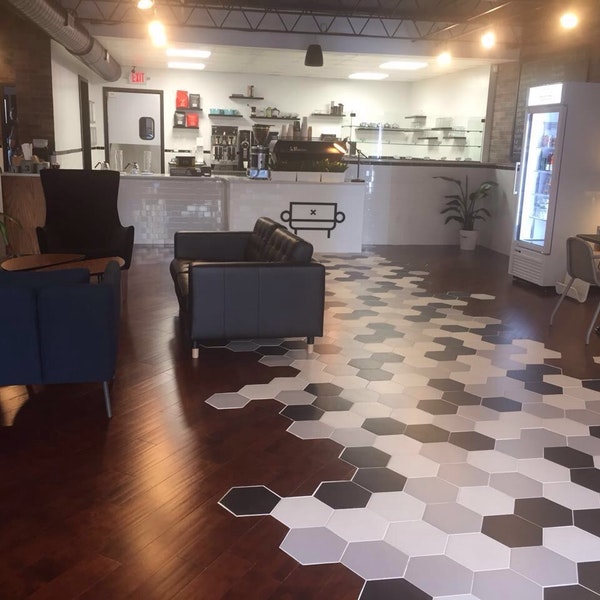
Hiring is also different. In Boston, it is possible to hire staff to work only a certain number of hours a day. “For example, as in Brazil, my biggest flow is during lunch time. At that moment, I work with as many professionals as possible. After this time, they will work in other coffee shops and I continue with the reduced staff”, he explains.
This flexibility is impossible in Brazil, in accordance with the current legislation. On the other hand, a bar person earns US$ 12.00 per hour, equivalent to almost R$ 40.00 per hour.
Currently, Café Sofa has seven units, five of their own and two franchises, one in SP, and another one in RJ. “It’s all very fast, my routine is tough and I have to go to the US every 45 days. I have a demand to open other shops in the US, in the franchise model. But, we’re holding on a little bit. We have become a reference and I do not want to lose it”, he says.
The businessman says that he requires of his franchisees that they are present in the daily routine of the operation. “I believe that is the key to our success. That person has to be present in the coffee shop. It is so true that this is a winning model that our Rio franchisee has three members and they are there all the time. In the first year of operation, they won the Veja Rio award as the best coffee shop in the city”, he says.
Brand growth
Continuing to grow is a necessity of any business. However, Diego and his partner are evaluating the best way for them: “we will either expand, without worrying about being in the coffee shop all the time, or I’ll have to start disconnecting myself from some shops and passing on to those who have an interest in having a franchise. I would like to stick with a store and take care of the toast”, he explains.
Nowadays, Diego has dedicated himself much more to the operation than to the toast. “I love choosing the coffees, and I would like to have more time for hunting. It’s something that gives me great pleasure”, he confesses.
The coffees
At the beginning of the business, they used a lot of organic specialty coffees from the Ambiental Fortaleza Farm, FAF. Currently, they buy coffees from the Santa Lina farm, from São Sebastião da Grama, from Eco Agrícola, south of Minas Gerais and from the Império farm. They serve their customers with single source. “Only occasionally, if we find it necessary, we will make a blend. All specialty coffees are toasted in the Pinheiros coffee shop, in a 10kg Átilla toaster.
They toast almost exclusively for their shops, but also sell to Little Coffee Shop, from São Paulo. Some restaurants also buy their coffees, in addition to selling the microbatches in the coffee shops.
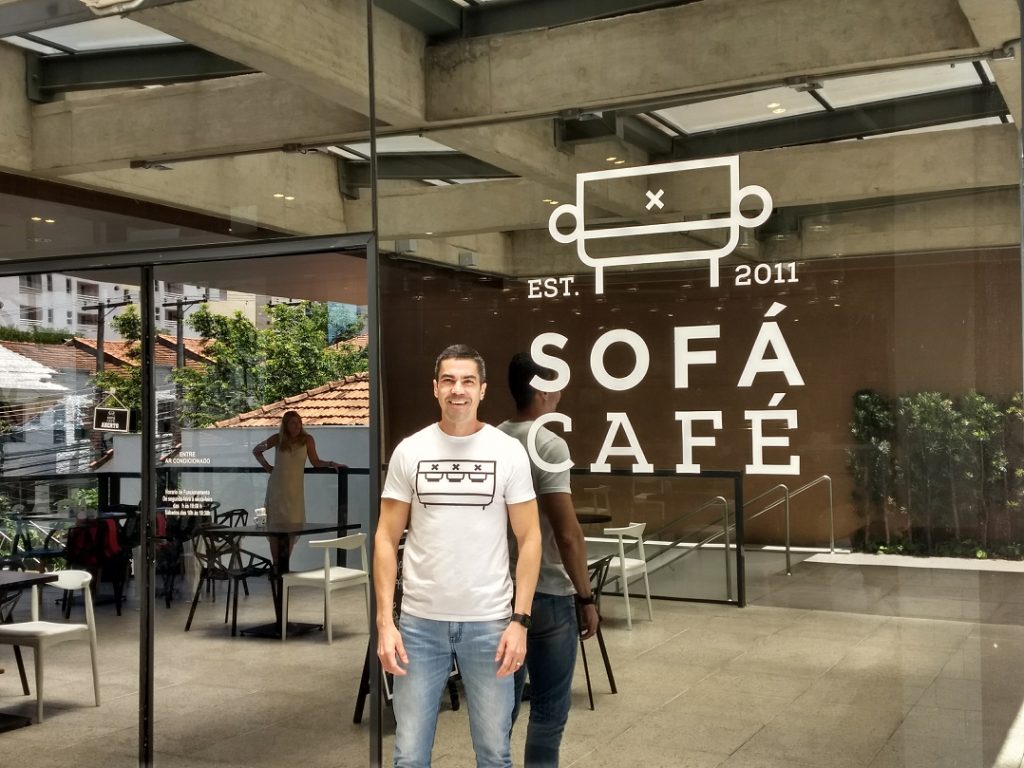
Coffee Makers Project
“After two and a half years of Sofá Café, this thing about being just an entrepreneur started to make me very ill at ease. I wanted to do something more social”, he says. His first idea was to create an environmental project, something like helping to recover the riparian forest of properties. On one of his trips to Boston, he watched a documentary by an American who had come to Argentina, named Tom, who discovered the espadrilles. He liked it so much that he decided to make something similar. He estimated that it took US$ 8.00 to produce the product and decided to sell it at US$ 40. With that profit margin, he would be able to produce one pair and donate it. Still, he would have a profit margin of US$ 21.00.
Some famous Americans loved the idea and began to support it. Tom sold his product as water and started donating a huge amount of products. After that, the project grew even more: he created other products and did the same. For example, for every coffee he sells, he provides a supply of drinking water to a person in need and so forth, on a day, thanks to partners he has found.

Diego, then, decided to do something similar and created the Coffee Makers Project. There, young people at the age of 17, at risk situation, daily attend, for almost three months, a full course of bar persons. “We have been able to employ 90% of the people we train”, he says. Nowadays, there are more than 40 partners from the entire specialty coffee chain who help fund the cost of the initiative. The fourth group has just finished and the next group will start in February.
“The lessons are given at Sofá Café in Pinheiros and we will arrange transportation and food, so they are there every day. The classes have, on average, five students per class and we have already trained 20 bar persons. This is our goal: to enable a better world for those people who need help”, he concludes.
Sofá Café
Pinheiros, São Paulo – Rua Bianchi Bertoldi, 130
Cerqueira César, São Paulo – Rua Artur de Azevedo, 514
Centro Britânico Brasileiro, São Paulo – Rua Ferreira de Araújo, 741
Auditório do Parque do Ibirapuera, São Paulo – Parque do Ibirapuera
Campus São Paulo – Rua Cel. Oscar Porto, 70
Rio De Janeiro – Avenida Nossa Senhora de Copacabana, 300 Loja A
Estados Unidos, Boston – 181, Concord Street Framingham / Massassuchetts

